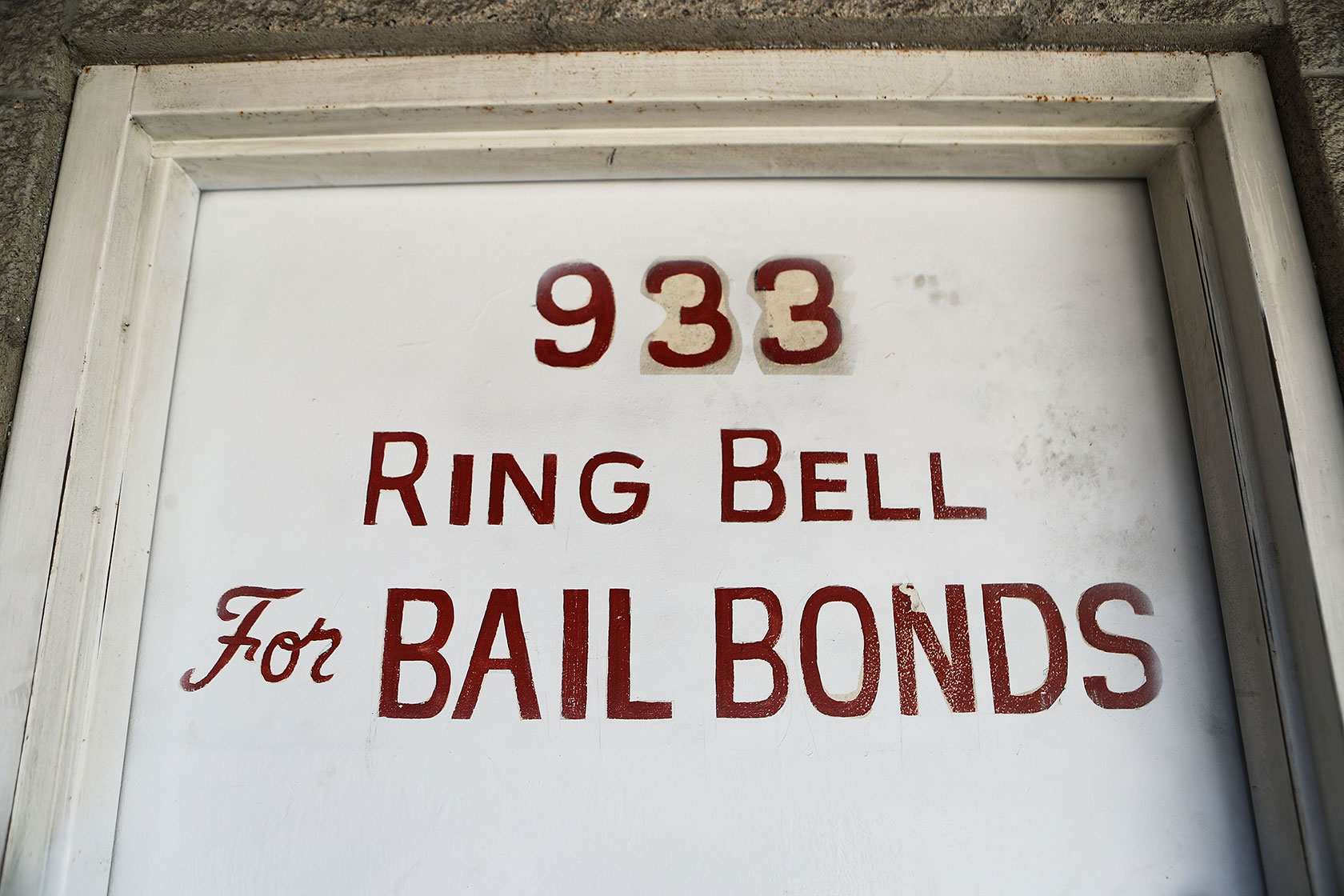Reputable Oceanside bail bonds professionals ensure a hassle-free bail process.
Discovering Why Bail Bonds Are Necessary in the Lawful Refine
Bail bonds offer an essential feature within the legal system, helping with the delicate equilibrium in between specific rights and social security. Understanding the multifaceted function of bail bonds invites a more detailed examination of their impact on both defendants and the more comprehensive justice system.
Comprehending Bail Bonds
In the legal procedure, bail bonds work as an essential system that enables individuals billed with criminal activities to safeguard their release from safekeeping while waiting for test. A bail bond is essentially a financial guarantee offered by a third event, generally a bond bondsman, which makes sure that the charged will certainly appear in court at the marked times. When a judge sets a bond amount, it shows the seriousness of the fees and the perceived trip danger of the offender.
Individuals that can not pay for the full bail quantity might transform to bondsman, who charge a non-refundable cost, commonly around 10% of the total bail. This fee makes up the bondsman for presuming the threat of the defendant possibly stopping working to appear in court. If the accused does not follow court looks, the bondsman might employ numerous methods to find and collar the individual.
Bail bonds play a crucial role in the criminal justice system by stabilizing the legal rights of the charged with the demand to guarantee public safety and court integrity. Comprehending the technicians of bail bonds is crucial for anybody navigating the intricacies of the lawful landscape.

The Role of Bail in Justice
Bail functions as a fundamental pillar within the justice system, balancing the presumption of virtue with the demand to ensure court participation. Bail bonds Oceanside. By enabling offenders to continue to be complimentary while awaiting trial, bail acknowledges that people are innocent until tried and tested guilty. This necessary concept promotes justness and justice, as apprehension before trial can intensify social inequalities and interfere with lives

Additionally, the bail process enables courts to assess the conditions of each case, including the nature of the charges, the defendant's history, and community ties. This personalized evaluation ensures that bail choices are not only corrective yet are instead reflective of the concepts of justice and equity, consequently enhancing the honesty of the legal system.
Benefits for Offenders and Families
The benefits of bail prolong past the courtroom, considerably influencing accuseds and their households. By safeguarding bail, defendants are afforded the opportunity to remain in their communities while waiting for test, which can greatly minimize the emotional and economic anxiety related to imprisonment. This freedom permits individuals to keep employment, support their family members, and fulfill necessary obligations, inevitably adding to their total health.
For households, the implications of safeguarding bail are profound. It allows them to remain with each other during a difficult time, fostering a support system that is important for psychological strength. Families can engage in my explanation the lawful procedure extra properly, as they can talk to lawyers, collect proof, and plan for court hearings without the added worry of separation.
Furthermore, having a loved one launched on bail can alleviate the financial pressure that typically accompanies legal fights. Family members can designate resources towards legal fees and other needs as opposed to incurring costs related to incarceration. In general, the availability of bail bonds acts as an important like it lifeline for offenders and their families, promoting stability and unity throughout a tumultuous duration in their lives.
Impact on Court Efficiency
By assisting in the release of defendants prior to trial, bail bonds substantially boost court effectiveness. When defendants are able to safeguard bail, they are much less likely to remain incarcerated, which in turn minimizes overcrowding in jails and apprehension centers. This alleviation of blockage enables police and court workers to assign resources better, concentrating on active instances instead of handling a backlog triggered by pretrial detentions.
Moreover, when accuseds are released on bail, they can much better prepare for their lawful procedures. This preparation usually brings about a lot more informed conversations between the defendant and their legal guidance, causing a much more streamlined judicial process. As offenders are most likely to participate in court hearings when they are not restricted, the price of missed court days decreases, adding to a more orderly court timetable.
In addition, the prompt resolution you can try this out of instances is helped with as offenders are motivated to participate in their tests actively. This not just speeds up the lawful procedure but additionally helps preserve public self-confidence in the justice system. Ultimately, the usage of bail bonds offers a dual function: ensuring that accuseds can get involved in their defense while at the same time advertising a more effective judicial structure.
Alternatives to Bail Bonds
Numerous alternatives to standard bail bonds exist within the lawful framework, each offering unique systems for pretrial launch. One such choice is release on recognizance (ROR), where defendants pledge to appear in court without the demand for financial bail. This option is commonly available to people regarded low-risk, promoting fairness in the justice system.
One more choice is the use of supervised release programs, which include monitoring defendants through check-ins with a pretrial services policeman. These programs may integrate problems such as time limits or digital tracking, ensuring compliance and reducing flight risk.
In addition, some territories apply diversion programs that concentrate on recovery instead of punishing measures. Defendants may take part in community solution or therapy as a problem of their release, attending to underlying concerns while minimizing imprisonment.
Last but not least, bail funds developed by not-for-profit organizations supply monetary support to low-income offenders, allowing them to safeguard release without the concern of high fees associated with traditional bail bonds. These choices stress the relevance of stabilizing public safety and security with the civil liberties of the implicated, eventually adding to an extra equitable legal process.

Conclusion
Bail bonds offer as a basic element of the lawful process, personifying the principle of assumption of virtue while making sure offenders preserve their liberty prior to trial. By incentivizing court presence and reducing jail congestion, bail bonds help with more effective case prep work.